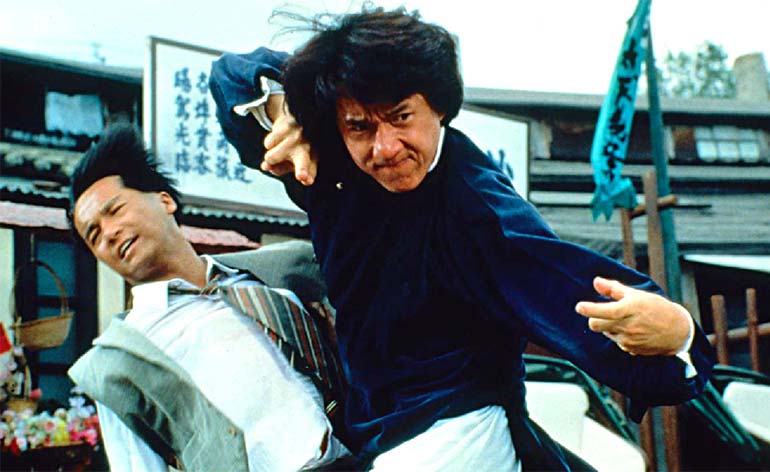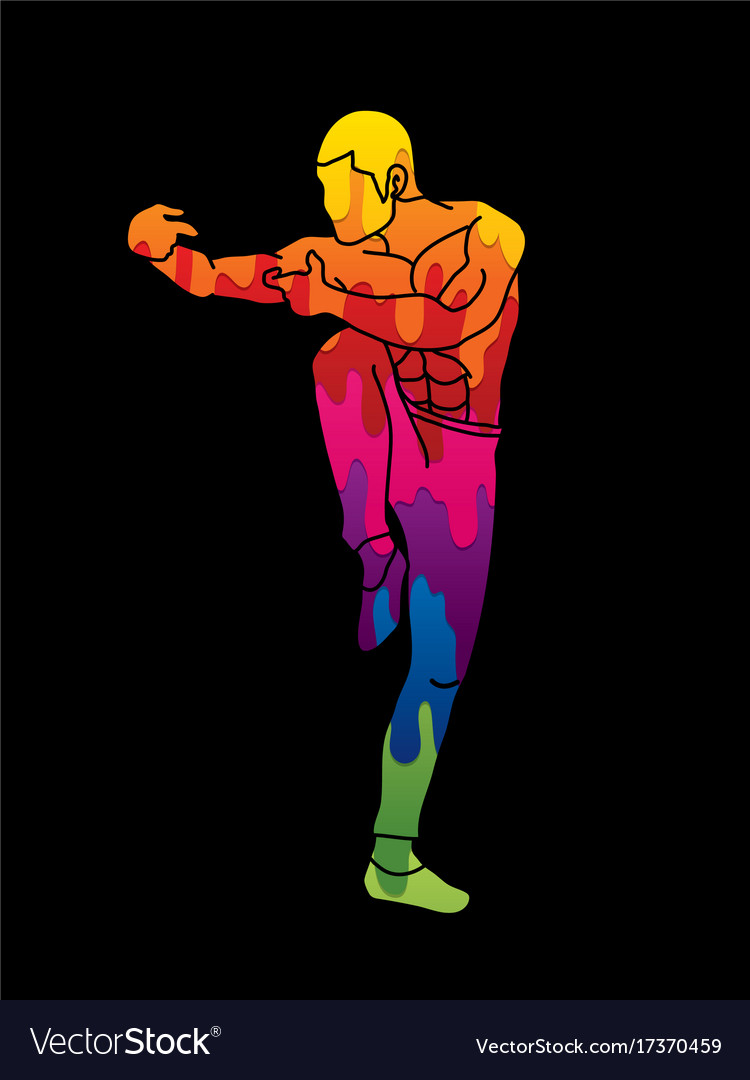
The original dialogue referenced the Eight Drunken Immortals technique, which was also featured in Drunken Master (1978) based on the real-life. If I was going to do drunken boxing vs karate then I would fake either being high or fake having motor skill problems and I would fake from the time I got to the TV station to the time I layout some devastating combos.The English dub also makes references to animal kung fu styles such as Drunken Monkey, as well as made-up names for random moves during the first two instances that Wong Fei-hung uses drunken boxing. Your ebooks are good value for money' Zui Quan Zui Quan is better known as the Drunken Fist style.Advertising image for a North American release of Drunken Master.Most drunk people I see walk similar to this and not like those kung fu guys. Drunken kung fu began in Buddhist and Taoist folklore. CreateSpace Independent Publishing Platform. The secret behind Drunken style kung fu is the sudden release of power from awkward positions.
Students of popular culture interested in how the idea of “martial virtue” was used in the entertainment industry of the 1970s will find it to be a treasure trove of observations. Drunken Master has always been one of my favorite films. Readers looking to get up to speed on his in his earlier essays can find them by clicking on the following links: first, second and third.
Is Drunken Kung Fu Real How To Portray Martial
Some of them are well known and have created certain expectations about the genre, while others are lesser known titles that have provided a different take on how to portray martial artists and their practices. The majority of these have originated from either mainland China or Hong Kong, with the former generally focusing on historically orientated titles and the latter producing more modern, explosive fare.In this series I will be looking at a number of iconic Kung Fu films that, for one reason or another, had a significant effect on the way we watch martial arts on the cinema screen. Enjoy***Since the late nineteen twenties there has been an abundance of martial art related movies, ranging from outlandish fantasy (known in China as wuxia), through gritty hard hitting drama to high concept action pieces. For that reason alone its usually selected as one of the most iconic Chinese martial arts films of its decade.
Is Drunken Kung Fu Real Free Attitude And
After numerous attempts to avoid So’s grueling training routine, in increasingly ridiculous ways, Fei Hung eventually comes to learn the old master’s mysterious drunken boxing style. Despite his parents’ and friends’ repeated attempts to get him to work hard and make something of himself, Wong Fei Hung – played here by Jackie Chan – continues to get into trouble because of his carefree attitude and quick temper, backed up by some not inconsiderable fighting abilities.These easy days come to an end once his disapproving father arranges for the legendary master “Beggar So” to train him, basically in the hopes of instilling some discipline. The following post examines Jackie Chan’s 1978 movie, “Drunken Master.”Set long before his eventual rise to prominence as a respected martial artist and national hero, Drunken Master tells the fictionalized tale of a young, brash Wong Fei Hung who begins the story living an easy life off his family’s prior success. Different fighting styles are always on display, but the “Chinese martial arts,” broadly understood, are the centerpiece of each production.
Through a mix of truly impressive skills, overwhelming popularity in Hong Kong and sheer hard work, he had already appeared in thirty films in the five year period before Drunken Master reached cinema screens. They were also pushing the envelope in terms of action and ambition in a genre whose style and conventions had been established years before.Although many of us will be familiar with his work, it is worth reminding ourselves of just how impressive Chan’s career has been. It also featured a seasoned cast and crew. To watch Drunken Master is to see a fighter and filmmaker at the top of his game, trusted with artistic control. His early Hong Kong titles proudly showcased an actor and martial artist who was not afraid of performing his own stunts.While age, and the increasingly difficulty of finding insurance companies willing to cover his work in America, have both been problems for Chan, the shift in effects work and choreography has been jarring for a large number of his fans. This has generally been attributed to heavy reliance on CGI and wire work, which flies (pun intended) in the face of how he came to prominence all those years ago.

After all, there are very few popular American or European productions that choose to spend quite so much time showing the hero diligently training compared to the offerings in Chinese kung fu films.Chinese language poster for Drunken Master.Anyone watching the film from a predominantly Western perspective might not think that Wong Fei Hung’s initial rebellious outbursts are all that serious. There is an emphasis on hard work and loyalty on one’s master, ideas which are prevalent in Chinese society, but not so much in Western ones. It is this montage that has made the film memorable for so many viewers. A series of slapstick routines and easily smashed props are thrown into the mix as well, giving the opening scenes the feel of a Buster Keaton title as opposed to a Bruce Lee one.This all changes when the plot pushes our main character on to his training in drunken boxing. In this case, when a proponent of Zui Quan is actually intoxicated, their fighting abilities improve! There is a passing mention that taken to extremes, the style can ultimately lead to the student becoming a hopeless alcoholic, but this is something of an aside in a film that is ultimately a lighthearted action title and not a serious study of the effects of one’s lifestyle on their abilities as a fighter.The initial fight scenes incorporate a number of comedic elements to show both Wong Fei Hung’s mischievous nature along with the fact that he isn’t necessarily a bad person after all, no one gets seriously hurt in these opening battles and the secondary characters, who are for the most part peasants, tolerate the disruptive antics of a member of a well-respected, socially important family. The range of fighting styles on display here take in Hung Ga, numerous animal styles (Snake, Crane and Tiger are all clearly shown at some point or another) and the eponymous drunken boxing of Zui Quan that the protagonist has to master.While in reality Zui Quan is a physically challenging form that demands exceptional balance to imitate erratic, drunken behavior and movements – which would be used to confuse opponents and launch unpredictable attacks – this movie takes a more literal interpretation of the name.

His persona embodies a typical kung fu feature antagonist, a foreign master who, while tough enough to pose a threat, can ultimately be defeated by the proper use of a Chinese fighting system. His character Yan Ti San works his way quickly and efficiently through anyone who challenges him, using a variety of swift, graceful kicks that offer a different aesthetic to the kung fu employed by the other actors. In this sense, it is through Beggar So’s knowledge and wisdom that the protagonist’s character arc really takes shape.While not specifically alluded to in the film itself, the primary villain of the piece is played by Korean taekwondo exponent Hwang Jang Lee.


 0 kommentar(er)
0 kommentar(er)
